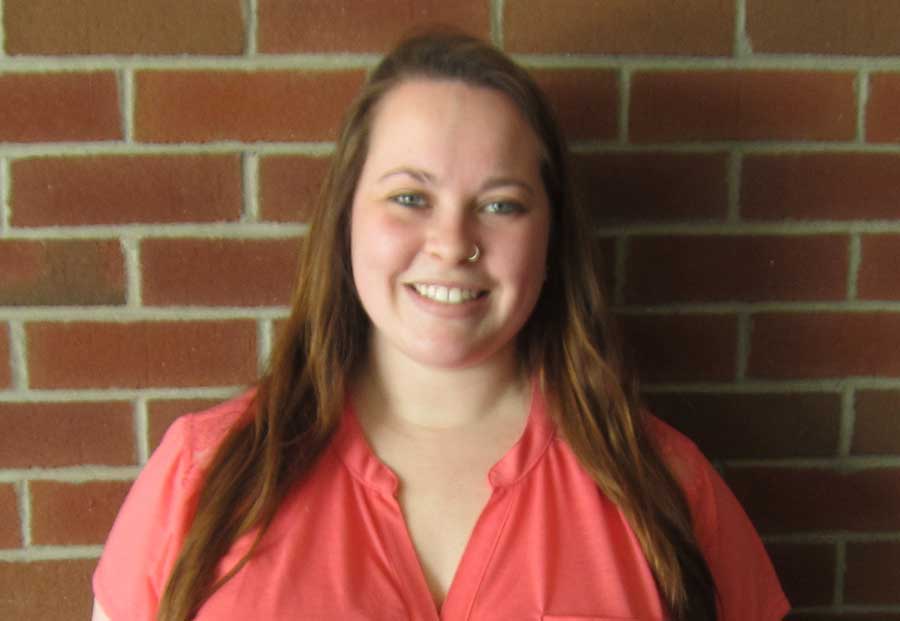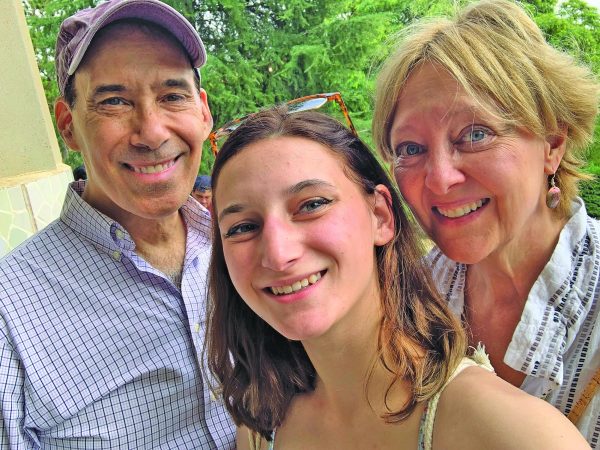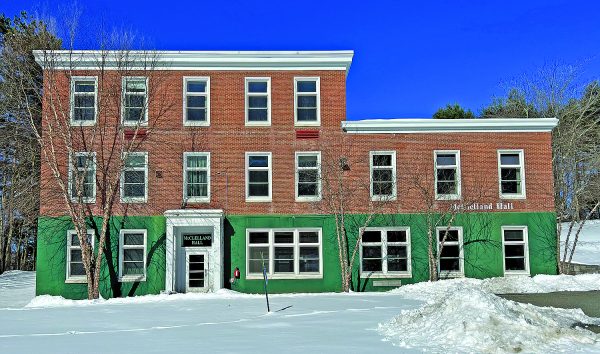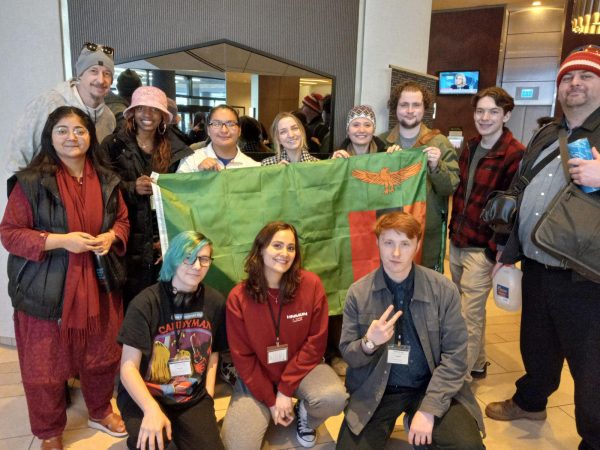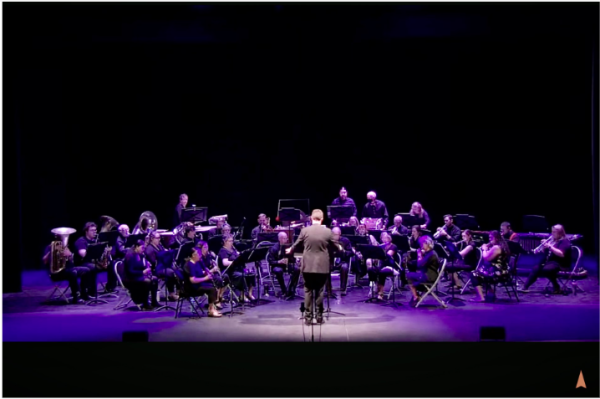JUMP provides leadership opportunities and peer mentor support to residence halls
Kelsey Lamphere
Johnson Undergrads Mentoring Peers offers great leadership opportunities, timely support and needed social events for JSC students.
The JUMP initiative was established in the Fall 2012 semester and attempts to meet some of the Vermont Student Assistance Corporation’s outreach goals.
VSAC created outreach programs in 1969. The programs begin helping students between grades six and 12 and focus on first generation and less advantaged students who desire a college education.
JUMP continues these goals and is designed to create an atmosphere where students feel comfortable and realize their success as a student and campus/community member.
The JUMP objective is described in an e-mail sent to students by Assistant Dean of Students Michele Whitmore. “The JUMP program delivers additional support to the residence hall community from peer mentors through passive and active programming, individual conversations and appropriate referrals. Mentors will also assist students in their social, personal, and academic development. The goals of the JUMP program are to increase student connections, student success and overall student satisfaction at Johnson State College,” said the e-mail.
Whitmore explained how peer mentors have met these goals. “We have been successful in increasing student connections in the residence halls. Our seven mentors provide at least 42 hours of opportunity for residential students to receive information, support, and advice. Mentors are additional support throughout the academic year and are very helpful especially at times such as pre-registration and pre-finals,” said Whitmore.
Whitmore wants the word spread about JUMP. “We are continually looking for ways to promote this program so that students are aware of the benefits available to them right in their residence halls,” said Whitmore.
Kelsey Lamphere has been a peer mentor for multiple semesters. “I first chose to be a JUMP mentor because it was a good opportunity for me to enhance my leadership skills,” said Lamphere.
Lamphere has helped new JSC students become acquainted with campus life. “I mentor in the freshman based dorm, Governors, so many of these students are still getting used to Johnson and everything that it has to offer. I have helped students make decisions about both their college career and personal life,” said Lamphere.
Most of the work of peer mentors is done in residence halls. Mentors host Lobby Talks and set up tables in residence halls.
Whitmore explained that JUMP was created to bring information to where students live. “The College wanted to provide extended support to our residential students and felt going to the students in their living environments with this outreach and additional layers of support would provide beneficial to their success and persistence here at JSC,” said Whitmore.
Whitmore wants students to feel they can approach the mentors. “One area that we need to continue to improve upon is encouraging the residents to stop at the mentor table and chat with their mentor. Some students are resistant to stopping by and engaging in conversation and we need to continue to find ways to eliminate that barrier,” said Whitmore.
Lamphere wants students to know that mentors are approachable and ready to help. “Since the JUMP program is new, I think that the most difficult part is getting students to understand that we are there to help. Though I’ve had success in Governors, not all buildings have had as much traffic because they we are still working on getting this program more well known to the student population,” said Lamphere.
Lamphere explains that mentors are equipped to help students in a variety of ways. “We can help register for classes or get a tutor, make appointments at the health center, apply for scholarships, and many other things,” said Lamphere.
Whitmore tells that JUMP works in tandem with other JSC offices that aid students. “Peer mentors are an extension of offices such as FYE, Res. Life, and Advising. PMs are able to provide additional support and assistance during hours and in places that are most convenient for our students,” said Whitmore.
Lamphere notes the differences between advisers and peer mentors. “Some people ask why this is different from having an advisor, and I find it to be much different because connections with adults can be much different from connections with another students,” said Lamphere.
Mentors work alongside Whitmore and Director of First Year Experience Margo Warden. Mentors meet with Whitmore and Warden biweekly. Mentors gather together to discuss their successes and struggles as mentors. “PMs have really evolved into a group that supports each other,” said Whitmore.
Whitmore explains what makes a good mentor. “An approachable and caring student who has a concrete knowledge of the resources at JSC and a strong desire to help their peers. They must be academically focused and have good time management,” said Whitmore.
Whitmore gave examples of campus events that mentors helped create. “Some events offered by our mentors include: Scavenger Hunt- connecting students to resources on campus at the end of the first week of the fall semester. Sugar on Snow to help combat cabin fever. Breaking Bread and Cheese with mentors- allowing students to converse over food, Take a Break Have Some Cake…celebrating their successes thus far. These events bring students together and provide an opportunity for conversation and community,” said Whitmore.
Lamphere feels accomplished during her time as a mentor. “It feels great to know that students are comfortable approaching me with questions regarding financials, academics, and social or personal situations,” said Lamphere.
Students who are interested in being mentors can stop by Whitmore’s Dewey Office or call her at 802-635-1452. She can be e-mailed at [email protected].
Travis LeClair joined the Basement Medicine staff in Spring 2014, assuming the position of staff reporter.


